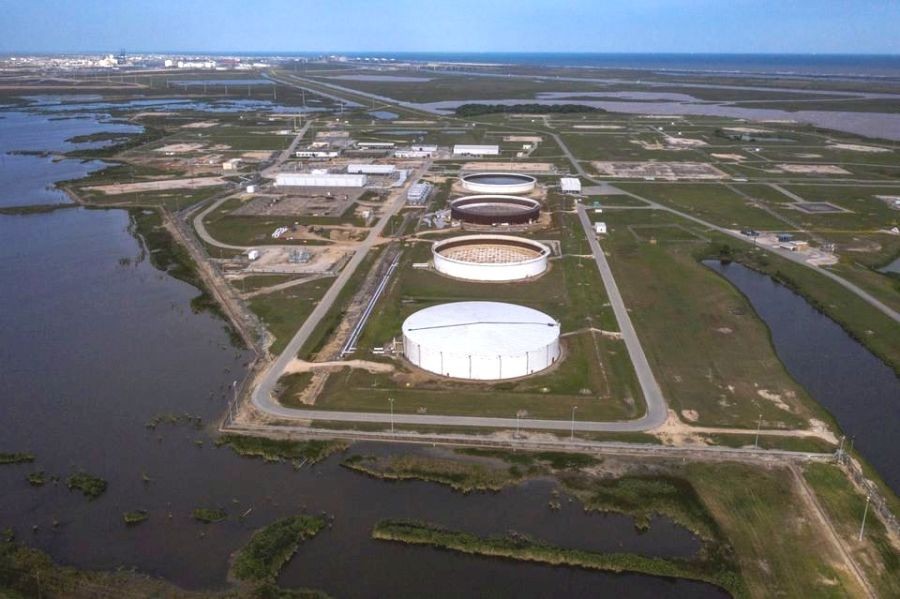 |
| OPEC+ cuts oil production, will the US benefit too? A US strategic oil reserve facility in Feeport, Texas. (Source: Reuters) |
On April 2, Saudi Arabia, Kuwait, Oman, Iraq, Algeria and the United Arab Emirates (UAE) all voluntarily cut oil production this year. Some forecasters see gasoline prices rising by 10-15% following the decision by OPEC and OPEC+ countries.
Experts also say that marginal changes in supply can have a marked impact on prices.
Rick Newman writes on Yahoo Finance that Saudi Arabia has expressed its desire to support prices, helping Russia in its military campaign in Ukraine. Oil exports are Moscow’s largest source of income. Therefore, the decision to cut oil production could help Saudi Arabia protect its own economic interests, and helping Russia – whether intentionally or unintentionally – creates a “dangerous geopolitical curtain.”
Rising energy prices could push up inflation in the US, where inflation has fallen from 9% to 6%, allowing the Federal Reserve to slow its rate hikes.
Some economists say the Fed should stop raising rates altogether, given the recent turmoil among some banks. If inflation picks up, the Fed should continue raising rates, rather than easing for a while.
In addition, the decision to reduce oil production was made at the right time when US President Joe Biden is about to launch his re-election campaign.
However, author Rick Newman also noted, "Washington holds some cards up its sleeve."
The world's largest economy is no longer nearly as dependent on Middle Eastern oil states as it once was, and OPEC+'s move to cut output could benefit US President Joe Biden.
For one thing, the decision could open a path to resolving the debt ceiling impasse that could soon reach a (man-made) crisis in the US. It could also provide impetus for reforms that protect carbon-intensive as well as green energy.
“We expect a broader window of potential action from Washington to increase domestic energy production,” analysts at investment bank Raymond James wrote in response to the OPEC production cut announcement.
The Republican-controlled House recently passed an energy bill that would streamline permitting for gas pipelines and other types of infrastructure and enact other measures to protect fossil fuel supplies.
The bill includes some elements that Democrats would never vote for, such as repealing parts of last year's Democratic green energy bill.
In addition, President Biden recently approved an oil drilling project in Alaska and permitted new drilling in the Gulf of Mexico. "This seems to be a tacit admission that the United States will need an abundant supply of oil and natural gas for decades, and the best source is not Saudi Arabia or Russia but the deposits of the American people," author Rick Newman commented.
In the US, Democrats and Republicans are at loggerheads over the debt ceiling and some compromise is needed to end the impasse and allow the US Treasury to borrow money to pay the nation's bills. Energy could be the path to a compromise to resolve this issue.
New domestic energy supplies are increasingly tied to debt ceiling negotiations, analysts at Raymond James said.
“The pace of negotiations around the debt limit deal will accelerate around mid-April 2023,” they said. “The latest OPEC news will help the US position energy policy as a central aspect of the talks, especially as OPEC’s moves have once again raised concerns about energy security.”
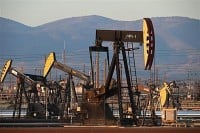 | US gasoline prices could rise to $4 per gallon after the Organization of Petroleum Exporting Countries (OPEC) on April 2... |
 | OPEC+ oil production cut, Saudi Arabia's 'cold water' will push US-Middle East relations further? What has caused US-Middle East relations to continue to deteriorate? President Biden says Saudi Arabia will face 'consequences' ... |
 | Russia and a series of OPEC+ countries cut oil production, what is the real reason? On April 2, Russian Deputy Prime Minister Alexander Novak announced that the country will extend its policy of cutting oil production... |
 | On April 3, US Treasury Secretary Janet Yellen said that the surprise cut in oil production by the Organization of the ... |
 | Major oil producers led by Saudi Arabia said they would once again cut crude supplies. The decision ... |
Source






















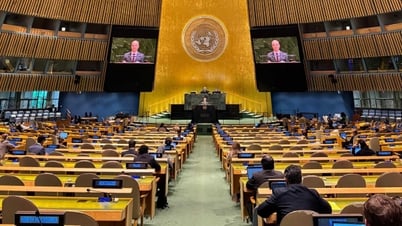



































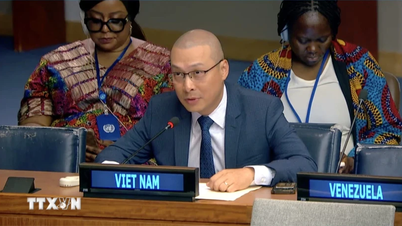
















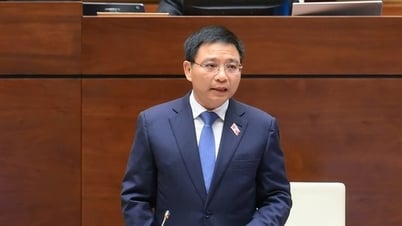



















Comment (0)